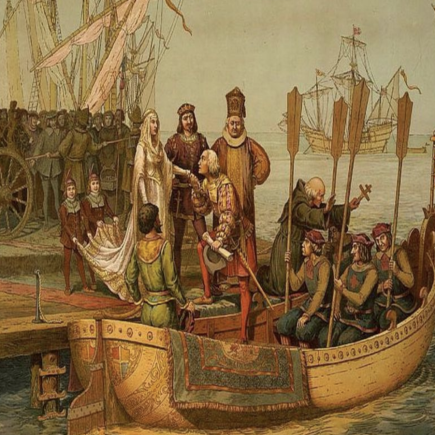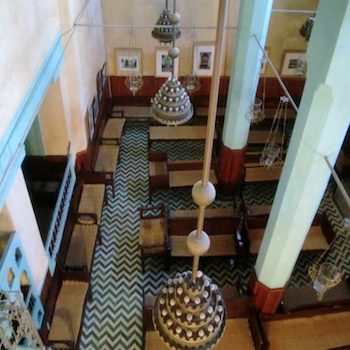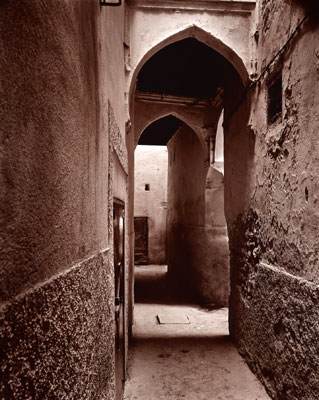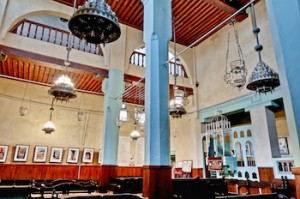Posts Tagged ‘Jewish Cemeteries’
Tangier, a city located at the northern tip of Morocco, is a captivating fusion of North African, Spanish, Portuguese, and French influences, making it a true crossroads of cultures with a rich Jewish heritage. Tangier sits at the western entrance to the Strait of Gibraltar where the Mediterranean meets the…
Morocco is steeped in Jewish Heritage and Culture. The country has a remarkable history of Jewish life that sets it apart from other Muslim nations. If you are Jewish and interested in touring Morocco you are guaranteed to discover ancient traditions and old-world customs that have permeated Moroccan Jewish society…
Morocco is a melting pot of Islamic and Jewish culture. Heritage Tours that are composed of Morocco’s grand history tell an important story about Jewish Morocco. Jewish Heritage Tours are comprised of a mixture of historic site seeing,…
Morocco’s Jewish Heritage sites are some of the most widely visited in the world. When traveling to Morocco on a Private Jewish Heritage Tour sightseeing at Jewish formidable sites of historical prominence are important highlights not to be missed. Moroccan Jewish Heritage sites consist of Synagogues, Cemeteries,…





